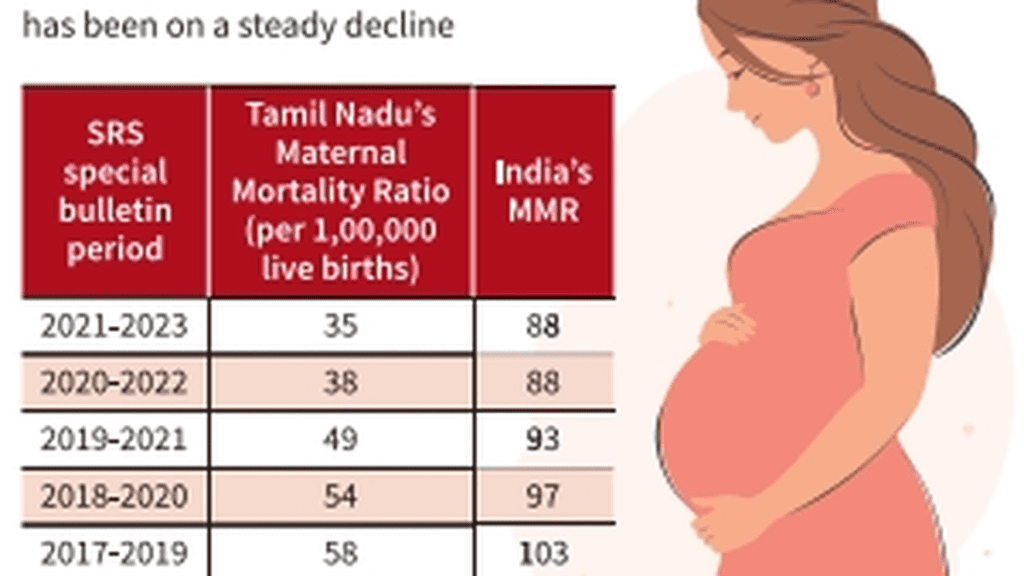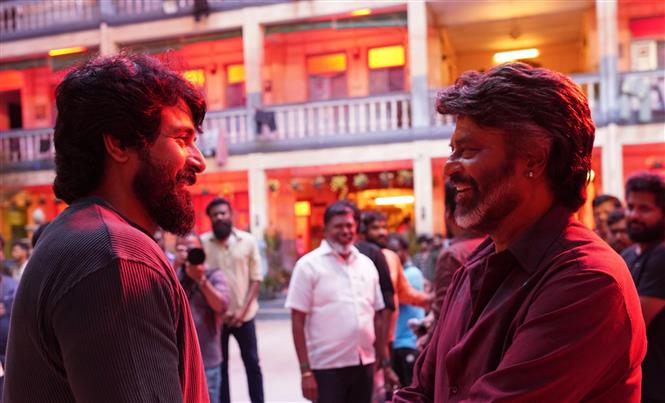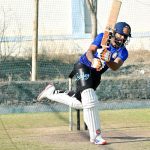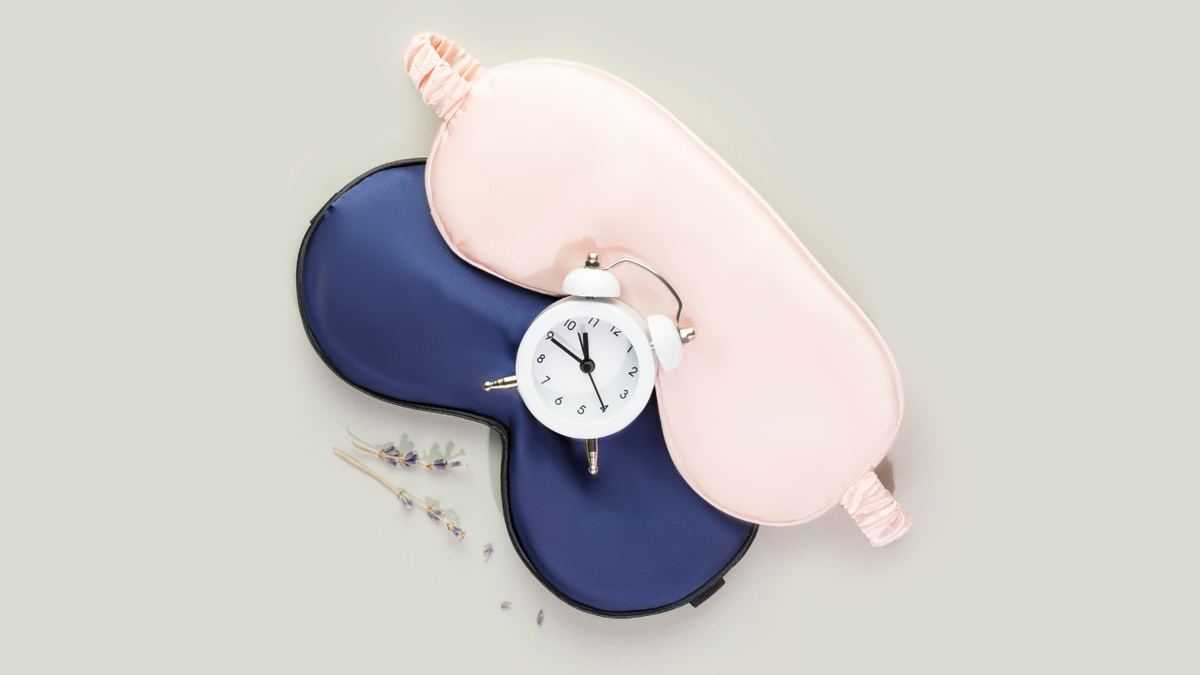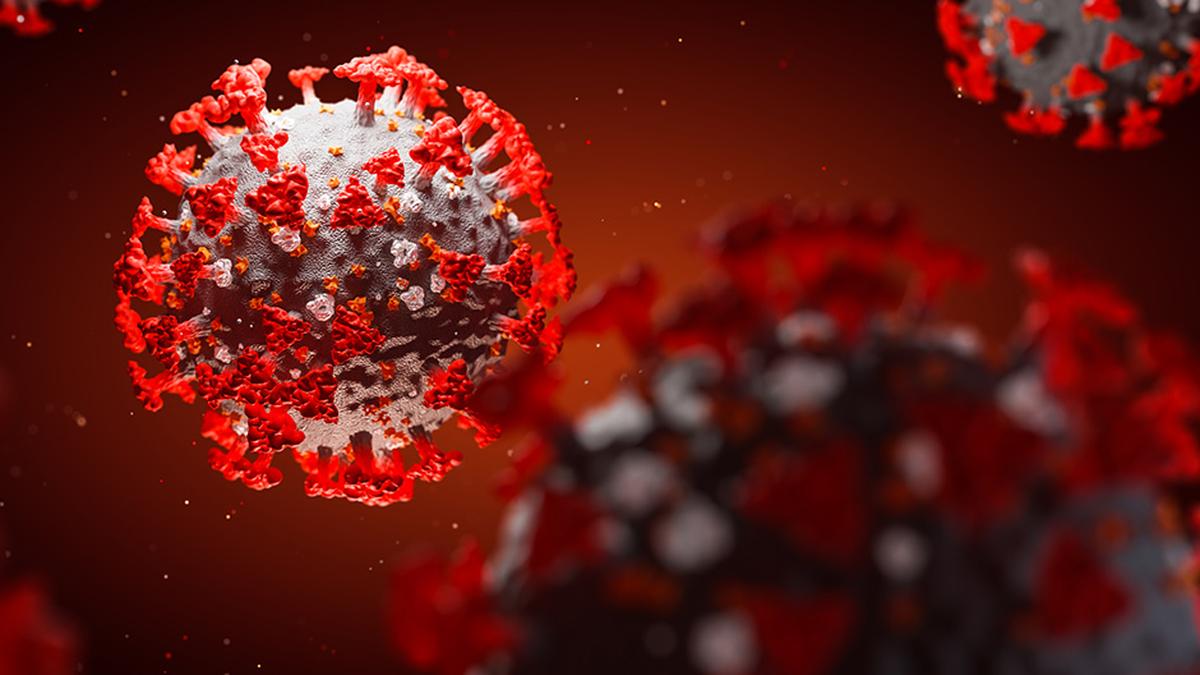Kidney transplant racket in Hyderabad: nine arrested
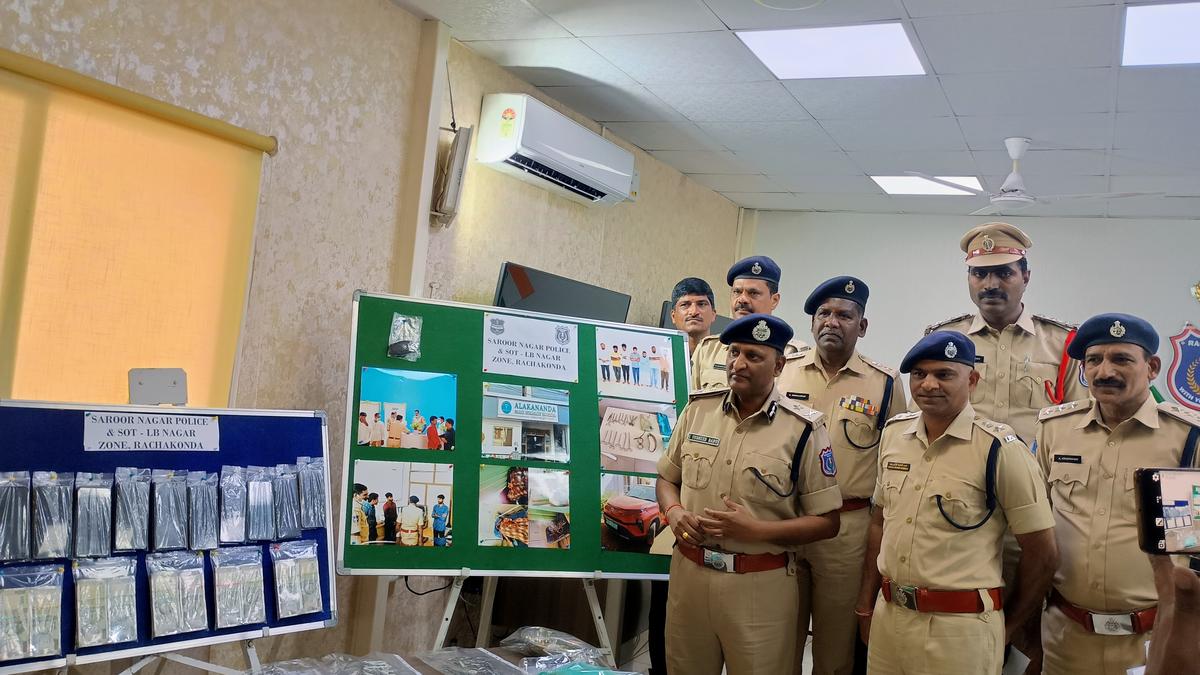
Kidney transplant racket in Hyderabad: nine arrested
Nine persons were arrested in connection with the kidney transplant racket unearthed at Alakananda Hospital in Saroornagar, Rachakonda police said.
The raid was conducted by the Saroornagar police and LB Nagar Special Operations Team (SOT) in coordination with the District Medical and Health Officer (DMHO) of Rangareddy district on January 21.
Upon inspection of the hospital premises, police came across four persons, including two donors, Nasreen Banu Eliyah, 22, and Firdosh S., 40, both from Tamil Nadu and two recipients, M. Raja Shekar, 68, and Bhat Prabha alias Krupalatha, 40.
Further investigations revealed that the hospital was conducting unauthorised kidney transplant surgeries. Several patients were found to have already undergone these procedures and were receiving treatment. Following the inquiry, they were transferred to Gandhi Hospital in Hyderabad for better medical care, and Health officials sealed Alakananda Hospital.
Police registered a case based on a complaint filed by Dr. Geetha, Deputy DMHO.
Among those arrested were Siddamshetty Avinash, general surgeon, Guntupally Sumanth, MD of Alakananda Hospital, Ponnuvasmy Pradeep and Suraj Mishra, mediators from Karnataka, Narsagani Gopi, hospital receptionist, and Ramavath Ravi, Sapavath Ravinder, Sapavath Harish and Podtila Sai, all medical assistants.
Other accused, including surgeons Raj Shekhar from Tamil Nadu and Sohib from Jammu and Kashmir, remain at large. Police are also on the lookout for organisers Pavan, Purna, Laxman and mediator Shankar involved in the illegal trade.
According to Rachakonda Commissioner of Police G. Sudheer Babu, Pavan alias Leon, a resident of Vizag, has been identified as the kingpin of the supplier network and the intermediate between doctors, recipients and donors.
“The gang was mostly using defunct hospitals to avoid getting into trouble,” he said. Police seized ₹5 lakh cash, 10 mobile phones, a car and a surgery kit, among other things.
Investigations also revealed that Dr. Avinash, who completed his MBBS in China and had a diploma in surgery in Pune, initially worked at a hospital in Pune before acquiring Janani Hospital in 2022. Financial difficulties led him to consider selling the hospital until an individual named Laxman from Vizag approached him with the proposal to conduct illegal kidney transplants. Laxman assured him that he would arrange donors, recipients, and staff, offering Avinash ₹2.5 lakh per surgery.
From April 2023 to June 2024, multiple illegal kidney transplants were conducted at Janani Hospital, with mediators collecting blood samples and initiating the process. Recipients were charged between ₹55 and 60 lakh, of which ₹5 lakh was given to the donors, ₹2.5 to Dr. Avinash and ₹10 lakh to the lead surgeon, ₹30,000 to five operating theatre assistants and the remaining was distributed among mediators and organisers. However, due to administrative issues, Janani Hospital ceased operations in June 2024.
In the meantime, Dr. Avinash collaborated with Dr. Sumanth of Alakananda Hospital, who agreed to provide operation theatres for ₹1.5 lakh per surgery. Throughout December 2024, over 20 transplants were carried out at Alakananda Hospital, along with similar operations at other hospitals like Aruna Hospitals in Hyderabad.
Search is on for the absconding suspects while the arrested accused, including the receptionist and assistant to Dr. Avinash, have been remanded to judicial custody.



